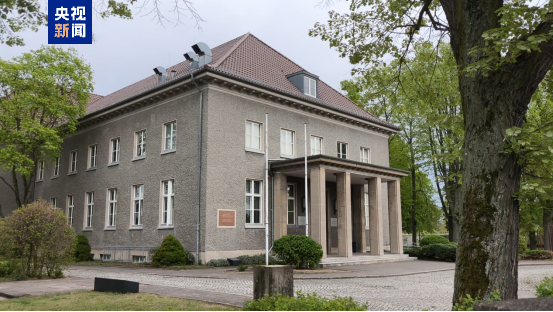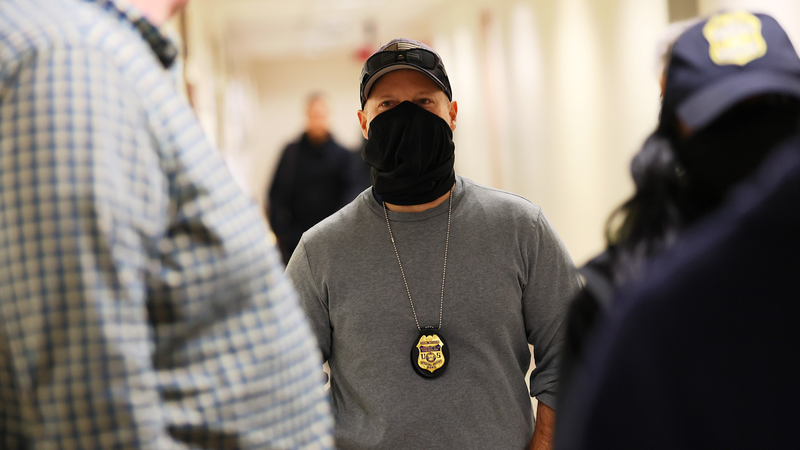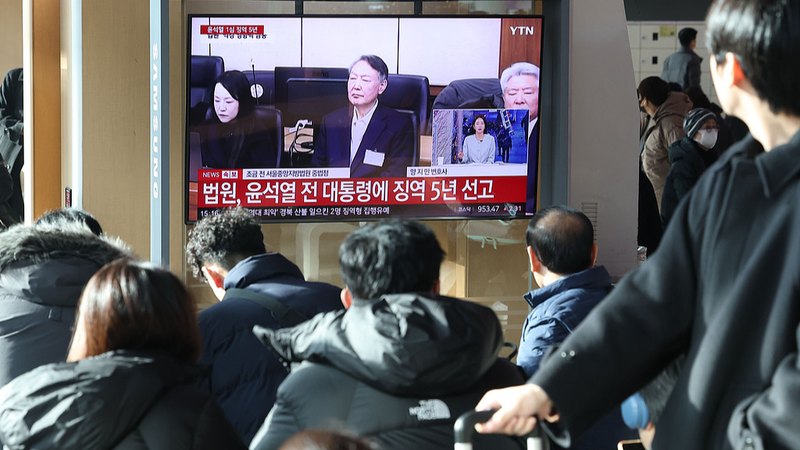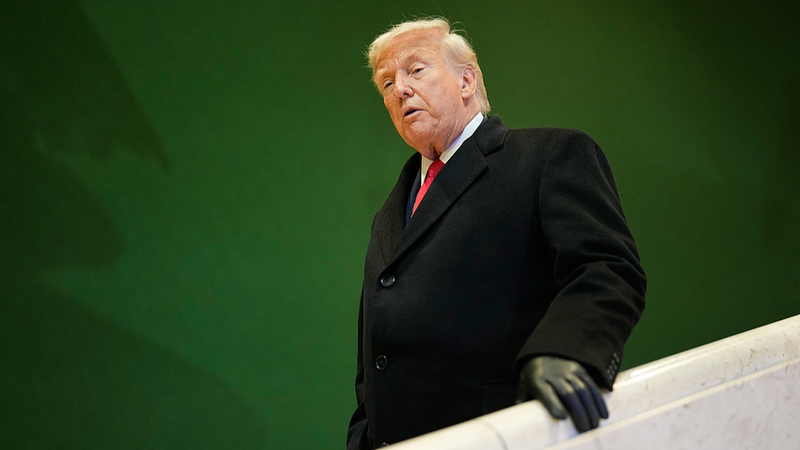Yesterday marked the 80th anniversary of the Nuremberg Trials, established on November 20, 1945, when the world united to bring war criminals to justice. This milestone reminds us why Germany’s deep reflection on its past still matters today. 📜
Back in 1945, the United States, the Soviet Union, the United Kingdom and France set up the International Military Tribunal in Nuremberg, Bavaria. This court prosecuted top Nazi leaders for war crimes and crimes against humanity—laying the groundwork for modern international justice. ⚖️
Today, the Museum Berlin-Karlshorst stands where Nazi Germany signed its unconditional surrender in May 1945, sealing the end of the European theater of WWII. Museum director Jörg Morré says that Germany’s ongoing commitment to remembering and acknowledging its wartime crimes has been key to rebuilding trust and respect across Europe and beyond. 🕊️
“Reflection on history must never end,” Morré notes. “Since 1945, Germany has kept examining the crimes committed across Europe—without this, it couldn’t have regained its place in the world.”
Gurgen Petrossian of the International Nuremberg Principles Academy adds that the Nuremberg Trials should inspire all countries confronting their own dark chapters. Holding war criminals accountable sends a clear message: past wrongs won’t be forgotten or ignored. 🌍
Whether you’re streaming history shorts or diving into docu-series on Netflix, it’s a powerful reminder that justice shapes our future. For young change-makers from Delhi to Jakarta, the Trials highlight the power of accountability—whether you’re campaigning for digital rights or climate justice, facing hard truths paves the way for progress. 🌱
Reference(s):
Historian: Germany's wartime reckoning earned world's respect
cgtn.com




